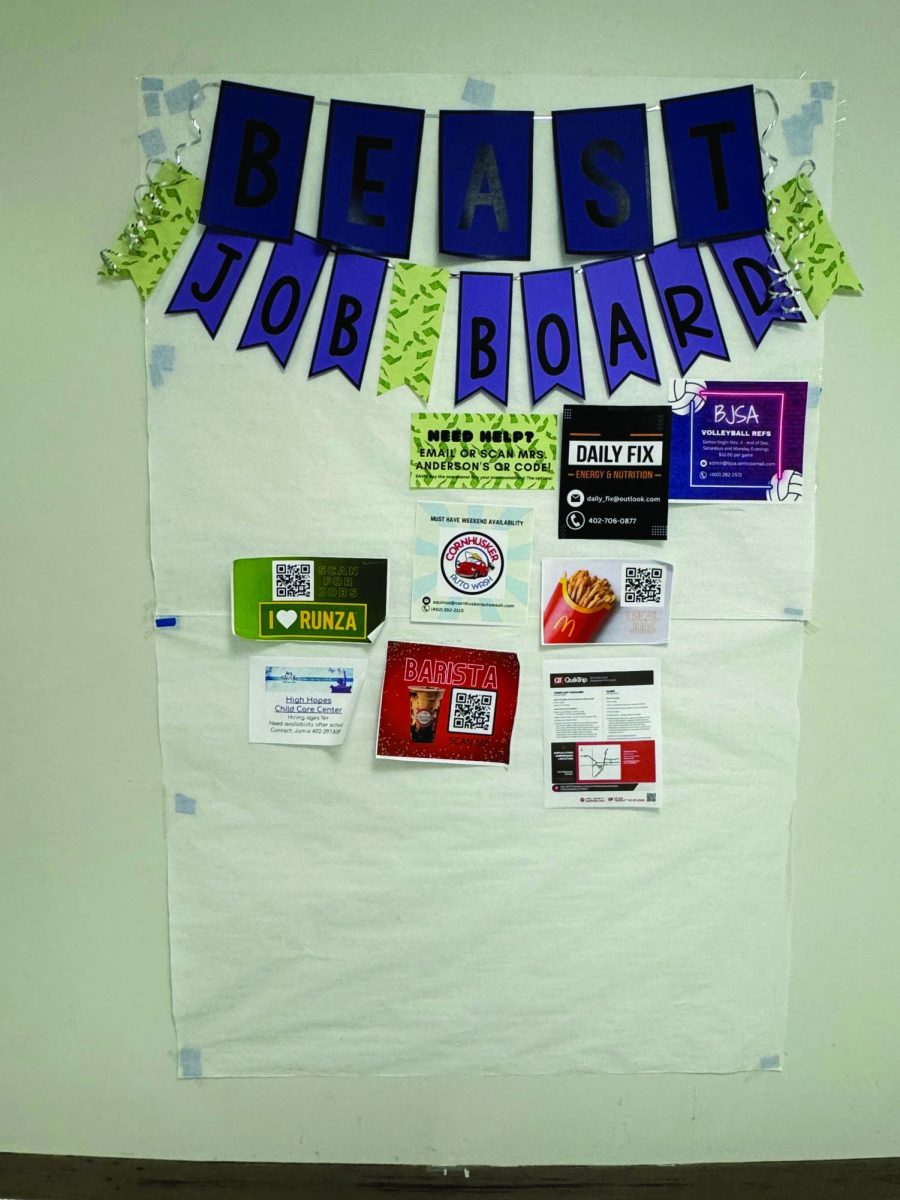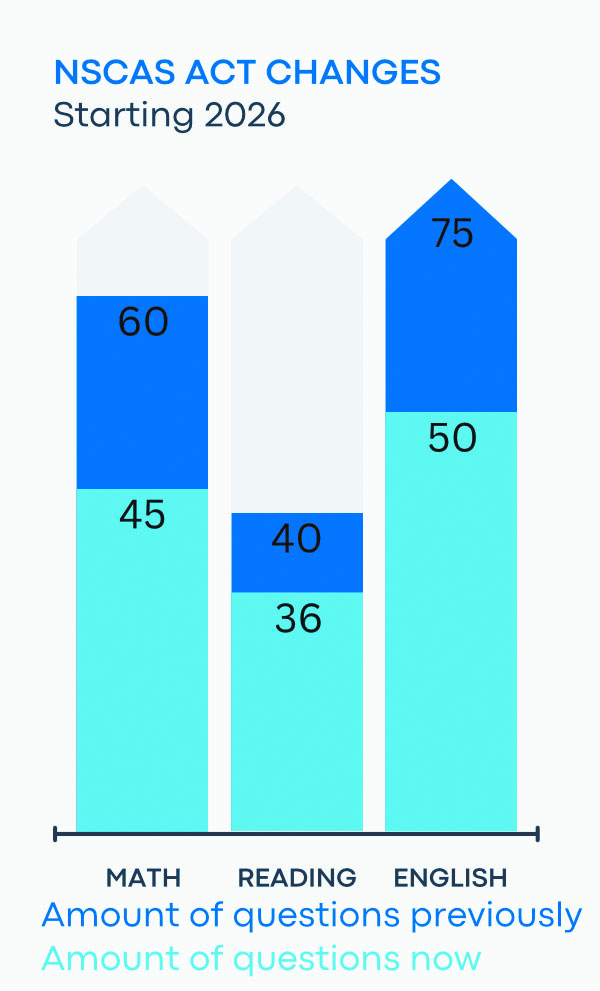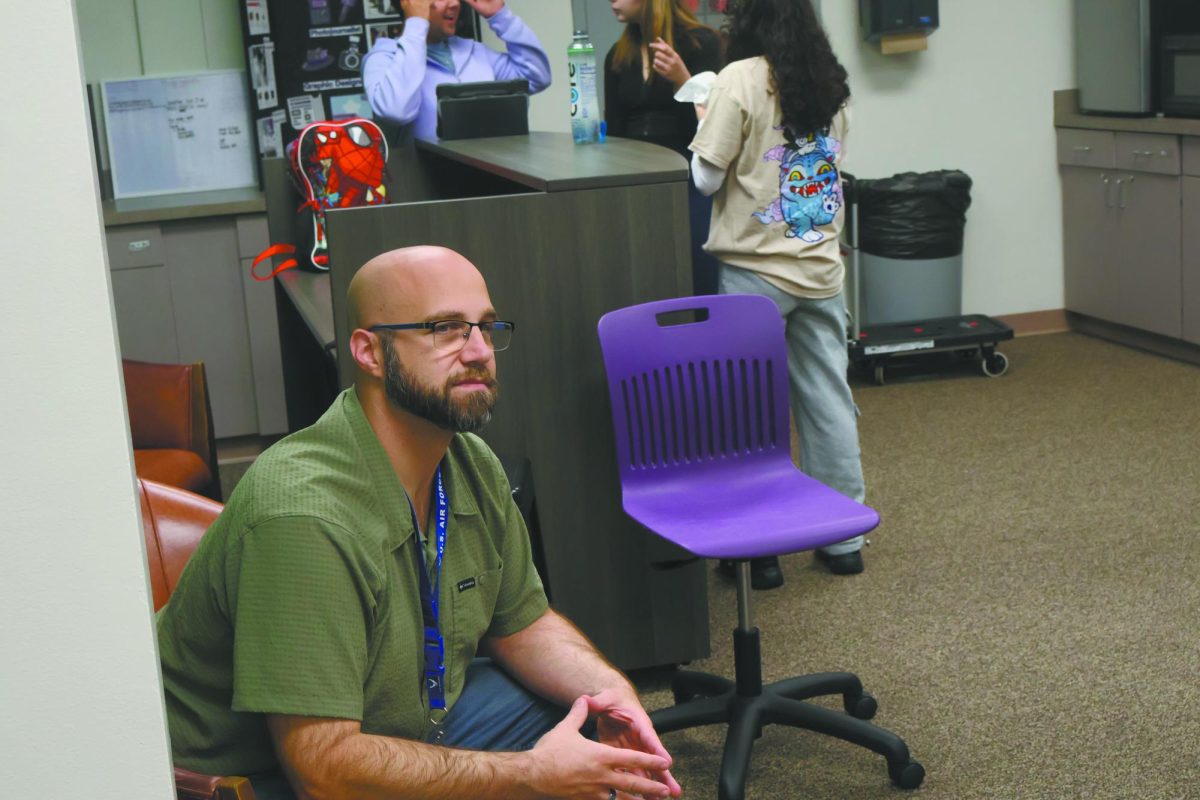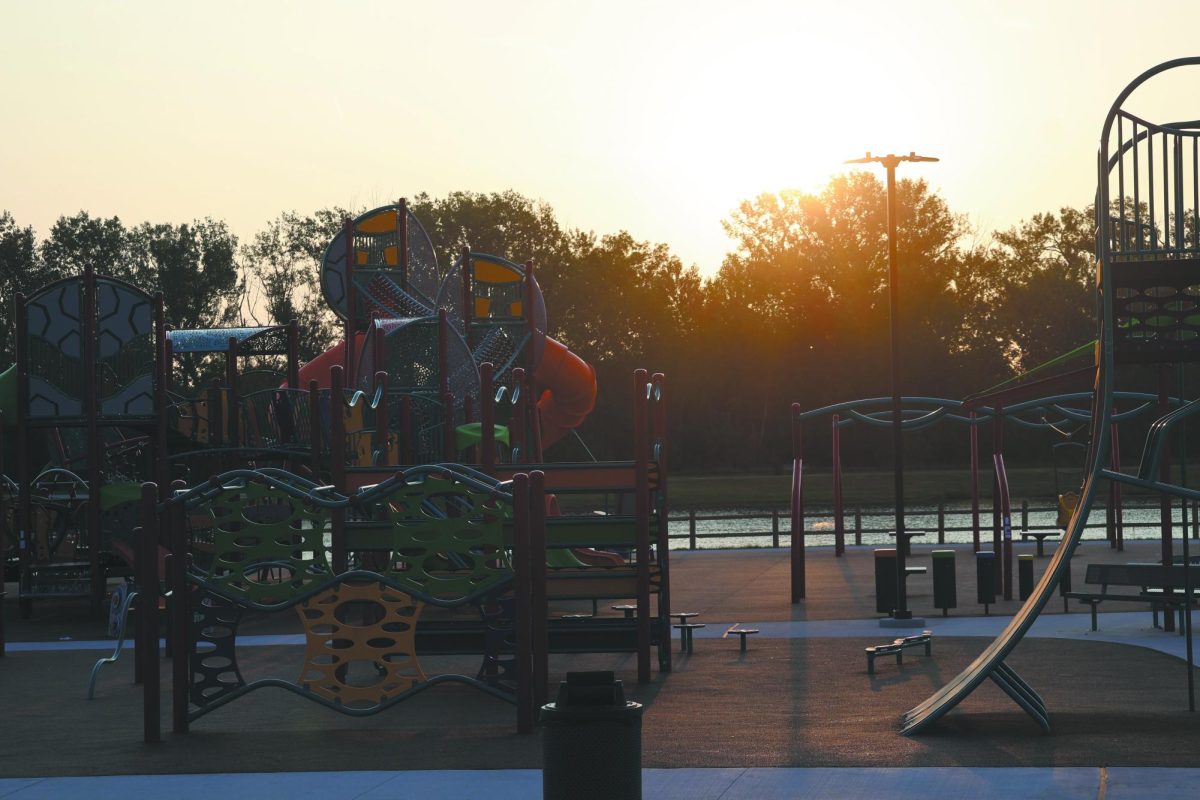An overwhelming amount of teenagers looked to join the workforce from 2020 to now. These job searches have sparked a debate among parents and caretakers; are jobs more beneficial to students, or harmful?
Getting a job can help teenagers feel more independent with themselves. Along with that, teenagers would often feel pride for their work, and often exhibited high levels of professionalism. They gained important opportunities for future job positions, and skills that helped them boost their resume.
“I got my first job working in the kitchen of an assisted living center when I was 15,” instructor David Bossman said. “I wanted to earn a little extra money, and it was a flexible job. It definitely can help in many ways, from managing one’s time and the fiscal responsibility that comes from earning one’s own money, and learning how to communicate.”
With that said, it is still important that students remain able to focus on their studies and personal lives as well. Things like flexible scheduling and strong time management are encouraged.
A study published in the Journal of Public Health Management by Leah Frerichs (et al.) at the University of North Carolina (UNC) School of Medicine discovered that working as a teenager “is linked to personal growth.” Moreover, when employed in age-appropriate jobs, they are able to learn important life skills and it can lead to high paying jobs as an adult.
“So, where I work, I’m a bagger,” sophomore Daniela Evans said. “There’s no schedule for when you need to come in, so I’ll find times- random weekdays that don’t have anything after school- and I just go to work. Weekends I don’t go. I learned time management andcommunication skills, and if you know how to manage your time, and you can figure out how to keep school in check with work, then it’s good.”
In the same UNC study, there were people involved between the ages of 14 to 22 who were included in a work experience program. This program has two tracks, one that was meant to assist in helping youths explore and get placed into careers, and the other employed actual youths to participate in asset mapping in their community. In other words, one had direct involvement, and the other did not.
According to UNC’s study, “In comparing between tracks, youth who participated in work experience that involved asset mapping uniquely described increased observation and expanded view of community resources had greater increases in self-efficacy than youth who participated only in career exploration.”
Youths who were directly involved and actively participating within their community were not only more aware of the resources available within their communities, but were also more likely to feel higher senses of esteem and a belief that they are in control of their own lives- thus “self-efficacy.” FLSA, or the Fair Labor Standards Act, states that minors (children under 18) are unable to participate in potentially dangerous occupations such as excavations. Older teens are allowed to work more hours than younger ones.
According to WebMD, there are many options for jobs, and “some of the best part-time jobs for teens include being a dog walker, dishwasher, server, camp counselor, cashier, sales associate, tutor, landscaper, brand ambassador, and a barista.”
Figuring out where to start in a job search that is suitable for a teenager can be daunting. However, Bellevue East has a resource that can assist with that. The job board is located near the door to the counseling office on the way to the senior commons. It is run by school and career counselor Kacie Anderson.
“Essentially, the purpose of the job board is to connect our students here with jobs, hoping that it builds community,” Anderson said. “I put up a temporary one up there because I want to find a more permanent space that is centrally located, and I’m hoping to make an online job board as well. I think that being a lifeguard was kind of the catalyst for me wanting to work with kids and realizing how much of a helper I was in a sense.”
Anderson said that she believes that jobs can help students identify and improve their passions. Along with that, while traits such as independence and teamwork can definitely be cultivated within a school environment, these traits are put into further practice in areas of employment.
“I think some jobs when you are a teenager can help set you up for what you want to do,”Anderson said. “Obviously, being a school counselor has nothing to do with being a lifeguard, but it is in some kind of way. Things like that can help you understand that you like this part of the job, but not that part. Just to help you figure out what you’re good at.”







![Supervising. Monitoring the girls restroom, Instructor Rebekah Sidzyik [LEFT] and instructor Shelly McCarty
[RIGHT] make sure students are safe in the restroom area and that they get to class on time. All teachers have to
monitor the restrooms starting this school year. "Well, it’s not what I got all my degrees for, but you know safety of
students is a probably tied with educating them so if things are unsafe in the bathroom them we probably should
be in there," Sidzyik said.](https://beaststudentmedia.org/wp-content/uploads/2025/09/IMG_0607-1200x800.jpg)